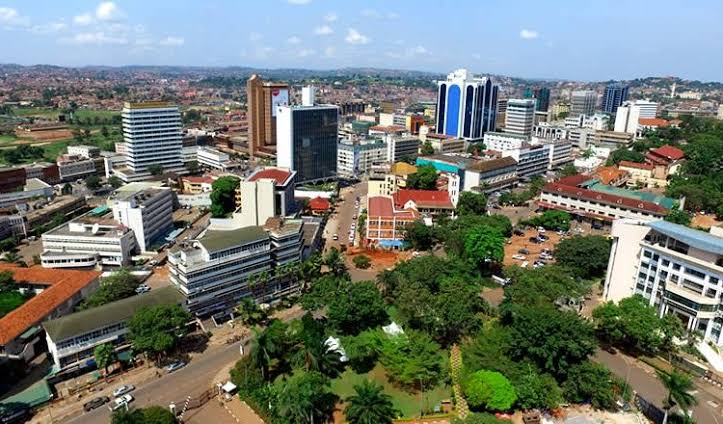Tips to consider when buying Land in Uganda

Buying land in Uganda, like any other country, requires careful consideration and adherence to legal processes. Here are the key steps and factors to keep in mind when buying land in Uganda:
1. Research:
- Research the area where you want to buy land. Consider factors such as location, accessibility, infrastructure, and potential for future development.
2. Title Verification:
- Ensure that the seller has a legitimate title to the land. Verify the authenticity of the land title with the relevant government authorities.
3. Land Ownership:
- Confirm that the person selling the land is the rightful owner or has legal authority to sell the land.
4. Survey and Boundaries:
- Conduct a land survey to establish the exact boundaries of the land. This helps prevent boundary disputes in the future.
5. Land Use:
- Check the land’s designated use according to the local land use plans. Ensure that the land can be used for your intended purpose (residential, commercial, agricultural, etc.).
6. Due Diligence:
- Conduct thorough due diligence, including checking for any existing encumbrances, liens, or disputes related to the land.
7. Land Purchase Agreement:
- Draft a detailed purchase agreement that outlines the terms and conditions of the sale, including the purchase price, payment terms, and any contingencies.
8. Legal Representation:
- Consider hiring a legal professional experienced in Ugandan real estate law to guide you through the transaction and ensure your interests are protected.
9. Payment:
- Be cautious about making payments. Use verifiable payment methods, and ensure that the payment is documented.
10. Stamp Duty and Transfer of Ownership:
- Pay the required stamp duty and other fees for the transfer of ownership. This is a legal requirement for land transactions.
11. Transfer of Title:
- Once the sale is complete, the title should be transferred to your name. This process involves updating the land registry records.
12. Engage a Surveyor:
- It’s advisable to engage a professional land surveyor to ensure accurate measurements and boundaries.
13. Community and Local Authorities:
- Consult with the local community leaders and authorities to ensure that there are no community disputes or objections to your land acquisition.
14. Environmental Considerations:
- Assess any potential environmental regulations or concerns that might affect your intended use of the land.
15. Infrastructure and Utilities:
- Check the availability of essential utilities such as water, electricity, and road access.
16. Investment Purpose:
- Consider whether the land purchase is for investment or personal use. Different factors might be prioritized based on your goals.
It’s important to emphasize the need for caution and proper legal assistance when buying land in Uganda or any other country. Consulting with a local legal expert who is well-versed in Ugandan property laws is strongly recommended to ensure a smooth and legally sound land acquisition process.

